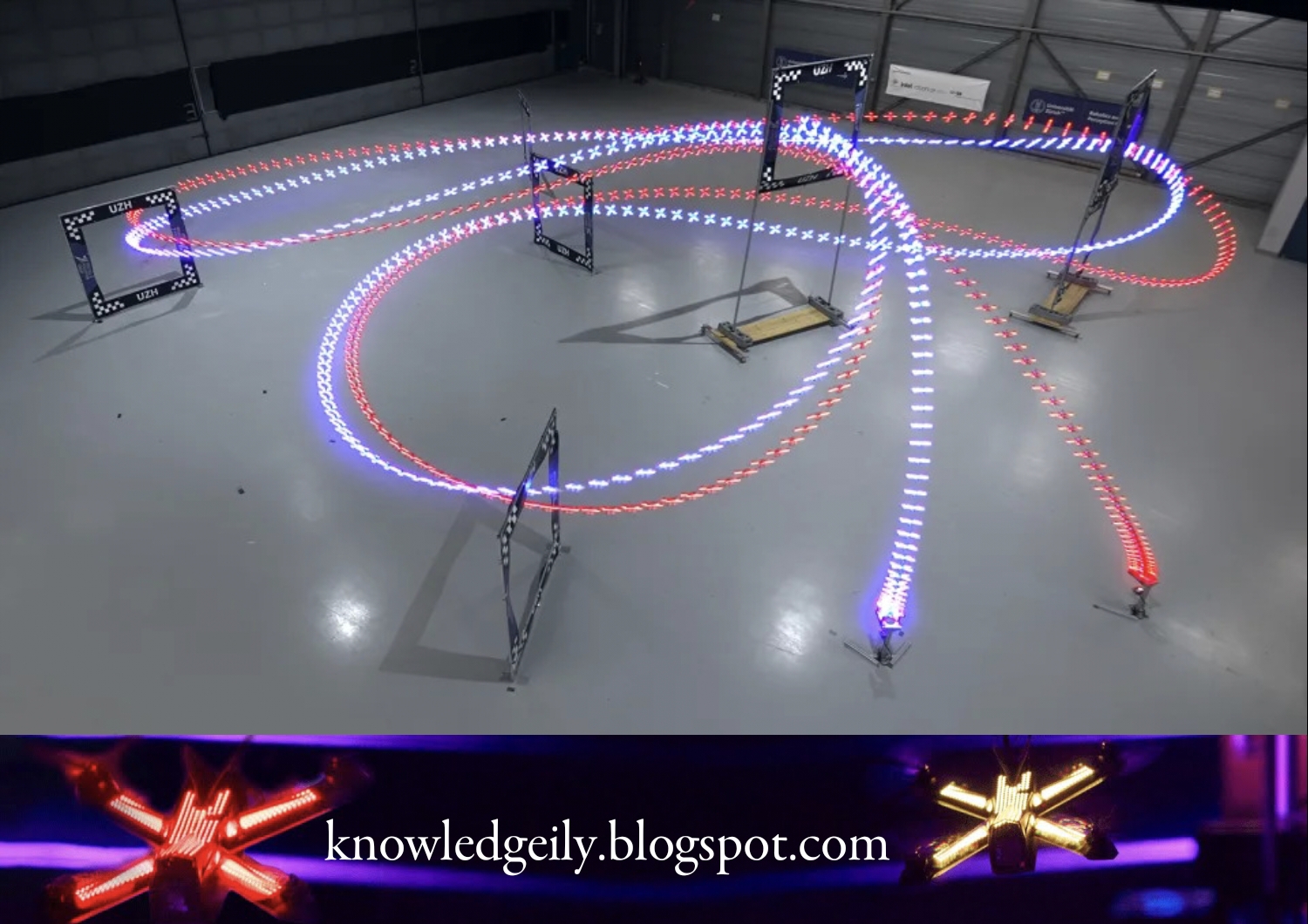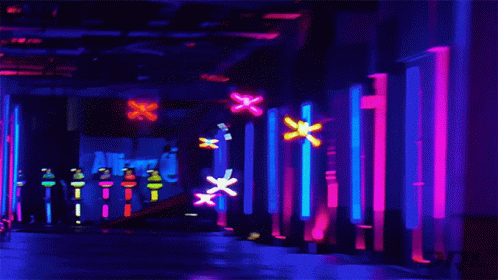How AI win Over three World Champion Drone Racers, AI piloting system power
An advanced AI pilot has once again demonstrated its dominance over human competitors, raising questions about the future of human-AI competition. The University of Zurich and Intel collaborated on the "Swift" AI piloting system, which outperformed three reigning world champion drone racers.
In a remarkable development that raises questions about the future of human competition against AI, an advanced AI pilot has once again demonstrated its superiority. Researchers at the University of Zurich, in collaboration with Intel, pitted their cutting-edge "Swift" AI piloting system against three reigning world champion drone racers – and the results were astonishing.Swift
represents the culmination of years of intensive research in the field of AI
and machine learning by the University of Zurich. Back in 2021, an earlier
version of the flight control algorithm faced off against amateur human pilots
and consistently outperformed them in every race. This achievement marked a
significant milestone because self-guided drones had previously relied on simplified
physics models, limiting their top speed.
Subscribe our WhatsApp channel Click to join
The latest
breakthrough is even more impressive as Swift achieved victory without the need
for the cumbersome external camera arrays used in its predecessor. This system
responds in real-time to data from an onboard camera, similar to the way human
racers operate. It incorporates an integrated inertial measurement unit to
track acceleration and speed while utilizing an onboard neural network to
determine its position in space via front-facing cameras. All this data is then
processed by a central control unit, which operates as a deep neural network,
calculating the shortest and fastest path around the racing track.
Read Also:
Google Expands AI-Powered Search To India And Japan Despite
Growing Concerns About AI Misuse
According to
Davide Scaramuzza, head of the Robotics and Perception Group at the University
of Zurich, "Physical sports are more challenging for AI because they are
less predictable than board or video games. We don't have a perfect knowledge
of the drone and environment models, so the AI needs to learn them by
interacting with the physical world."
While human
pilots demonstrated greater adaptability to changing conditions during races,
the potential of AI in drone racing is undeniable. Scaramuzza noted,
"Drones have a limited battery capacity; they need most of their energy
just to stay airborne. Thus, by flying faster we increase their utility."
This achievement opens up exciting possibilities for AI applications in Search
and Rescue operations, forest monitoring, space exploration, and film
production, showcasing the transformative potential of AI in various fields.
Most Read:
Snapchat's Dreams Feature: Transform Your Selfies With AI
Magic Is A New Trend











Post a Comment